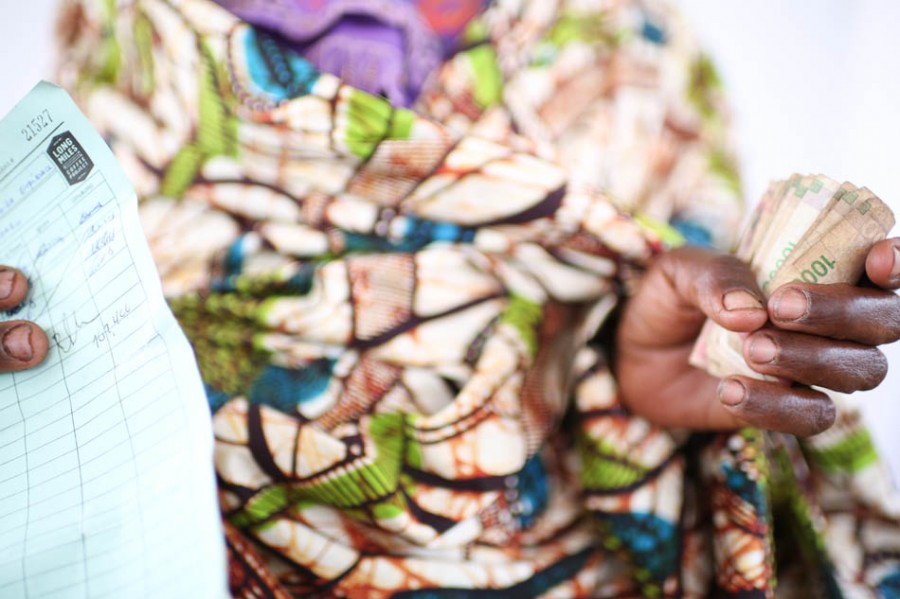
From the Farm
collected and translated by Joy Mavugo in conjunction with Robyn-Leigh van Laren from the Long Miles Story team
There was much rejoicing at the Long Miles Coffee Washing Stations recently as farmer payday took place. Payday is always one heavy with anticipation, excitement, and chaos of the happiest kind. It’s the one day of the year when all of the coffee farming families that we work with receive payment for the coffee cherries that they delivered during harvest season.
“ Payment day is a special day. It’s a day of building trust between a farmer and a buyer.”
– Honorate Dugunya, a coffee farmer from Ninga hill.
In the days leading up to it, our team works hard behind the scenes filling every person’s envelope with the season’s earnings and preparing for one big reunion with the coffee farming communities that we work with. This year, payday may have looked different from how it usually does but our team is unwaveringly grateful that it took place. We also celebrated a milestone; making our first set of payments at the newly built Ninga Washing Station site.
“To have a washing station on Ninga hill is like a country that fought for independence and got it. I will always celebrate this victory. No one will take it from us.”
– Paul Ntahondi, a coffee farmer from Ninga hill
There is an endless list of things that we are thankful for this harvest season. Paying every single coffee farmer that we work with is one of them.

From the Farm
written by Seth Nduwayo, Quality Control Manager for Long Miles Coffee
Frequently, I have referred to rain as a big challenge. We could lack it when it was expected and vice versa. For three months, from July to September, there was no rain as it was a dry season. Now we are at the end of September. October is knocking from the horizon. We have experienced some rain yet at Bujumbura and sometimes at Gitega, Budeca, where we took our coffee for dry milling. As coffee is not out on drying beds you may wonder why the blessing (rain) is evoked again as a challenge. In fact, the rain comes with cold weather, and humidity increases in warehouses. Thus, when the relative humidity is higher than that of coffee in storage, the latter start regaining moisture. As you can hear this, the end of one battle opens a door to the next. So, today we fight for having all the remaining lots milled, hand-picked, and sealed in Grain-pro as soon as possible. When all coffee is in Grain-pro, then we don’t have to worry about rainfall the same as before. This is the battle we will be fighting over the next couple of weeks.

From the Lab
written by David Stallings, Roaster Relations for Long Miles Coffee
This week we began our final dry-milling program for the Burundi season. Milling, which involves removing the parchment layer, or, in the case of naturally processed coffee, removing the fruit that has dried around the coffee seed, is, by itself, a speedy process. After the seeds are stripped of their botanical accouterment, they pass through various grading apparatuses. These include devices that separate the seeds by size, density, and color. Many metric tons of coffee can pass through the mill in a single day. The process that follows, however, is low tech and time-consuming. That process is, of course, the handpicking of the coffee. Absolutely critical to the production of top quality specialty coffee, our lots get handpicked upwards to five times! In a few short days, all of our Burundi lots for the year will have been milled. The next two to three weeks will be filled with handpicking the coffee.
It is a race to the finish from here. As Seth mentioned in his section above, we want to get the lots handpicked as soon as possible because that allows us to get them into Grain-pro and thus hermetically sealed and safe from the impending rainy season. Too frequently, as a green coffee buyer, I have seen the onset of a rainy season in any given country of production, as a strike against the quality of the green coffee. This is especially true for coffees that are on the margins of not being fully dried. Coffees for which taking on a small amount of moisture pushes them into territory that encourages the quick degradation of what we perceive as freshness. I am so pleased to know firstly, that all of our lots were dried exceptionally well this year and, secondly, that our timeline concerning getting these final lots into Grain-pro is looking very good.
Once this process is complete we will continue loading containers and sending them around the world. A record year for us, we have already loaded and dispatched two containers from this harvest. In a few short weeks that number will be seven. The past two years have been important ones in strengthening relationships with importing partners in various markets. While we work directly with as many of our roasting partners as possible, we have found it essential to have key relationships in various markets around the world. Not only are these partners service providers, moving the coffees from Burundi to their destination market, but they are also critical in helping facilitate relationships with smaller roasting partners. This year, our coffees can be found with the following importers:
- Osito Coffee, North America – East Coast
- Royal Coffee, North America – West Coast
- List & Beisler – Europe
- Upstream – Australia*
- Seven Oaks – South Africa
If you are in one of these markets and interested in coffee this year, please reach out to me. I will be only too happy to work on a plan with you to either send you samples directly or connect you with one of the above-mentioned importers. Whether we are sending you samples and handling contracts directly or having an importing partner help facilitate the process, it is so important to us that we connect with you personally and work together on and through the process!
*If you are in the Australian market and interested in coffees from this season, please reach out to our Burundi Lab Manager, Jordan, who was not able to make it to Burundi this year due to the pandemic, and is native to and currently located in Australia!
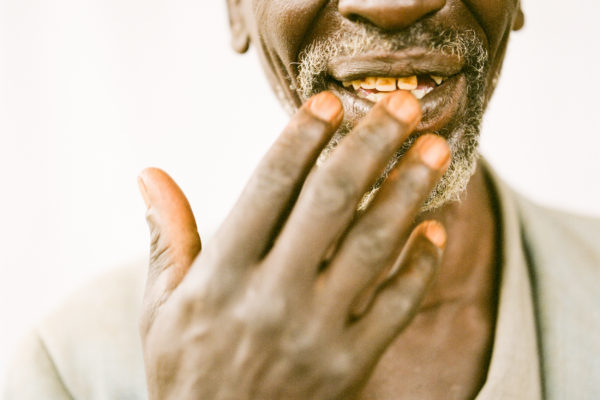
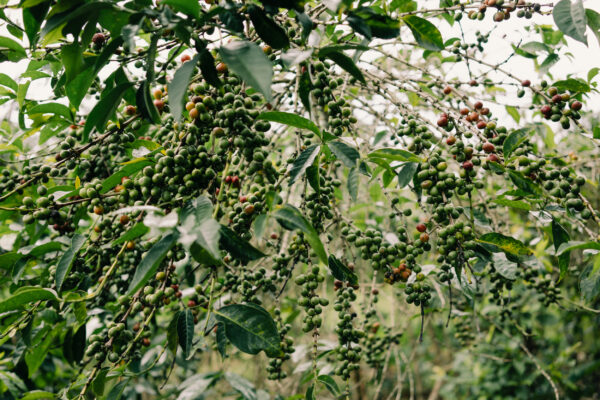
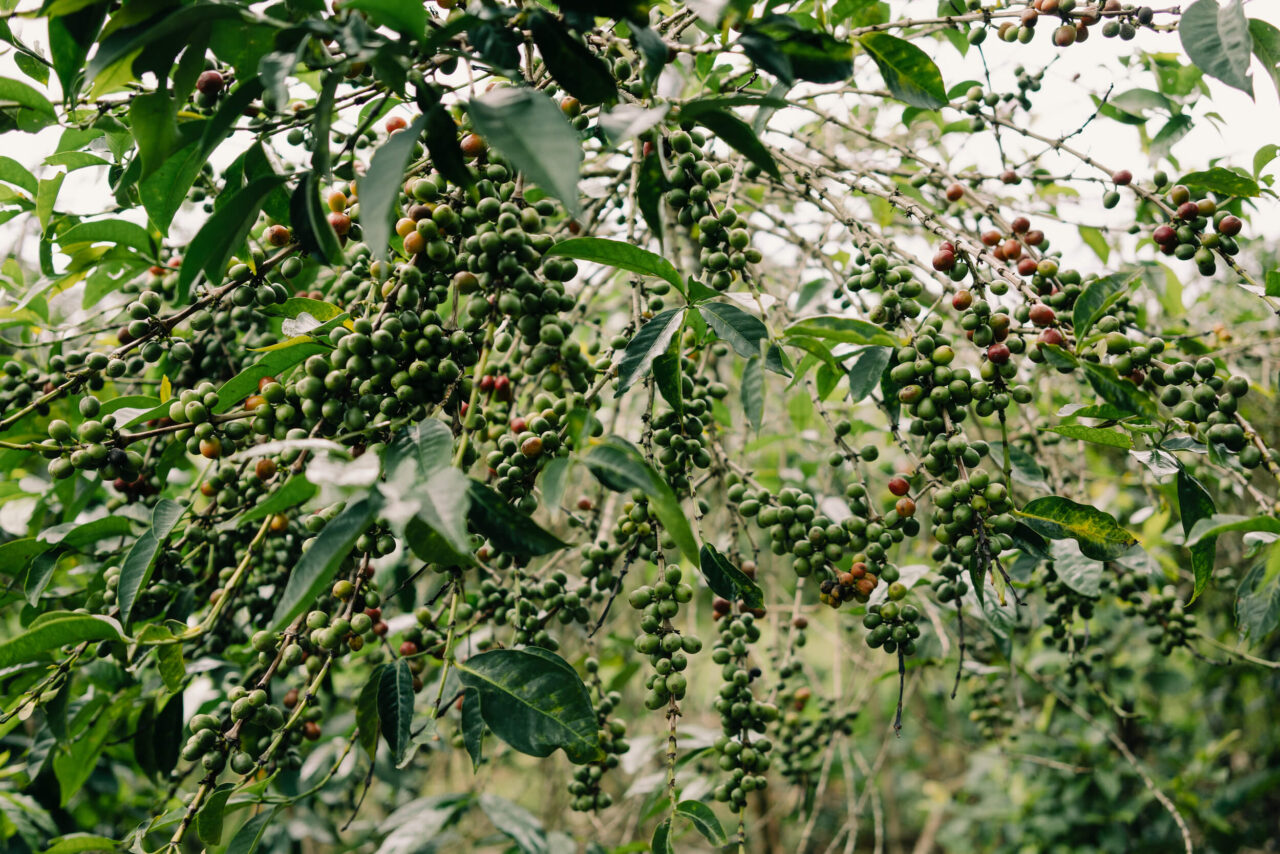
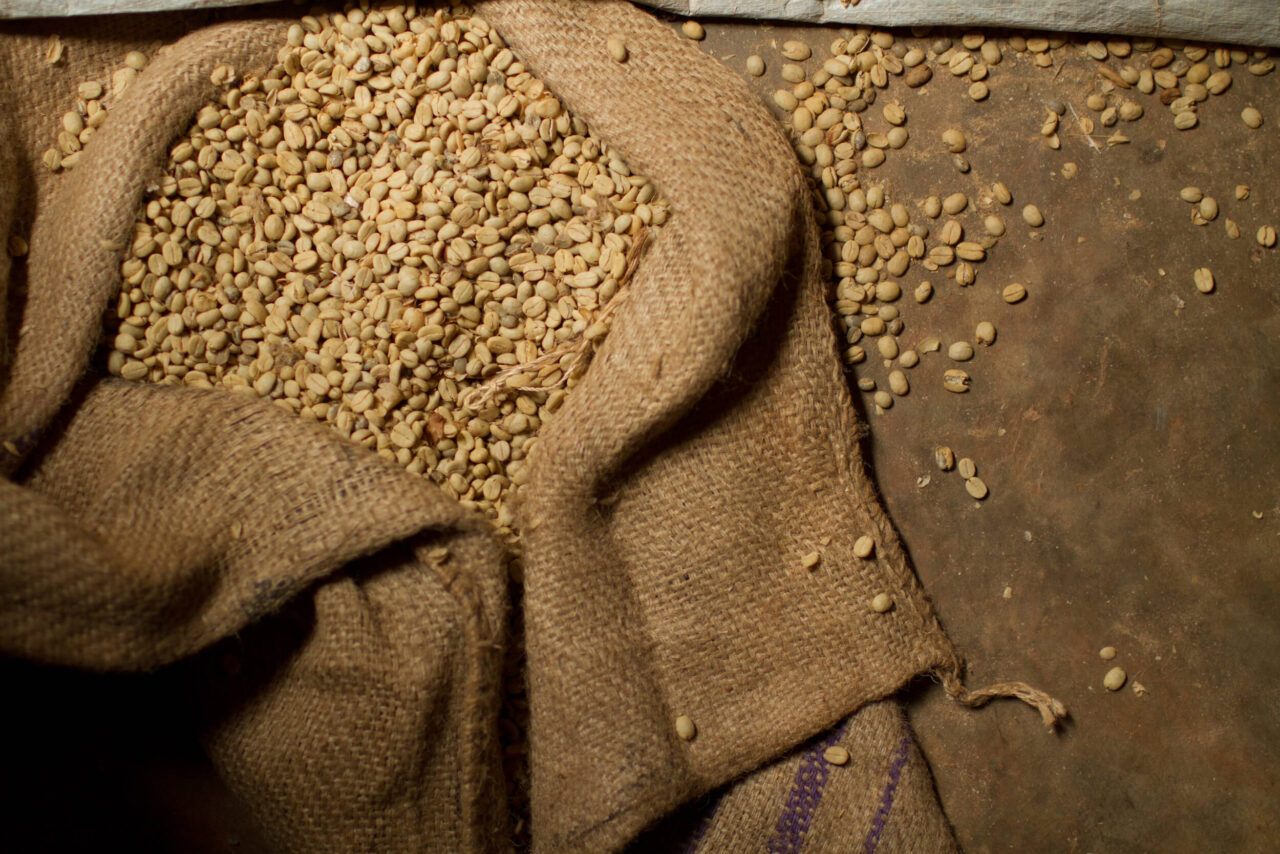
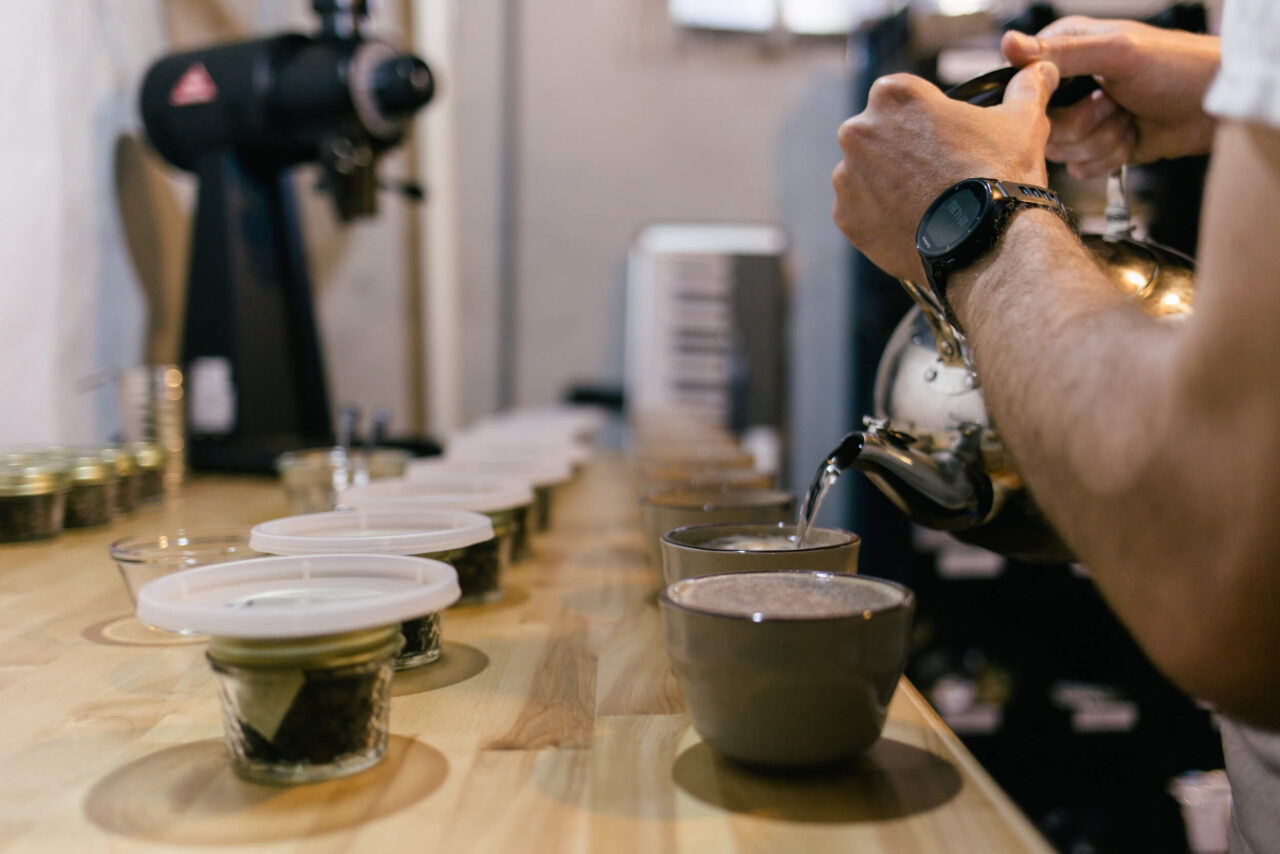
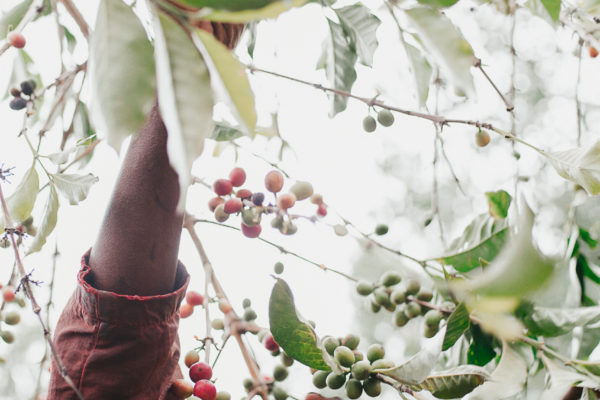



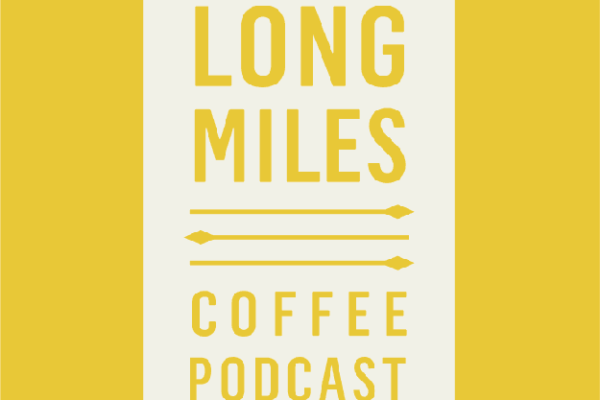

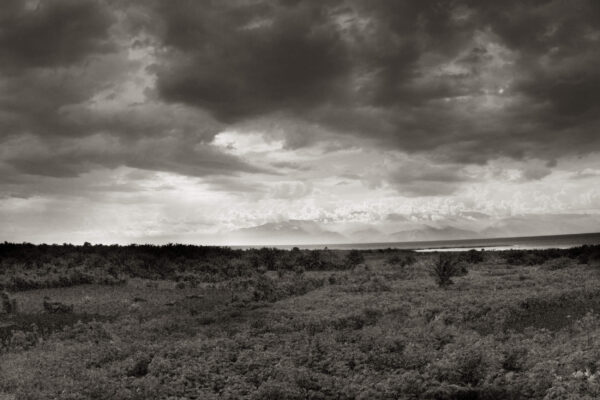
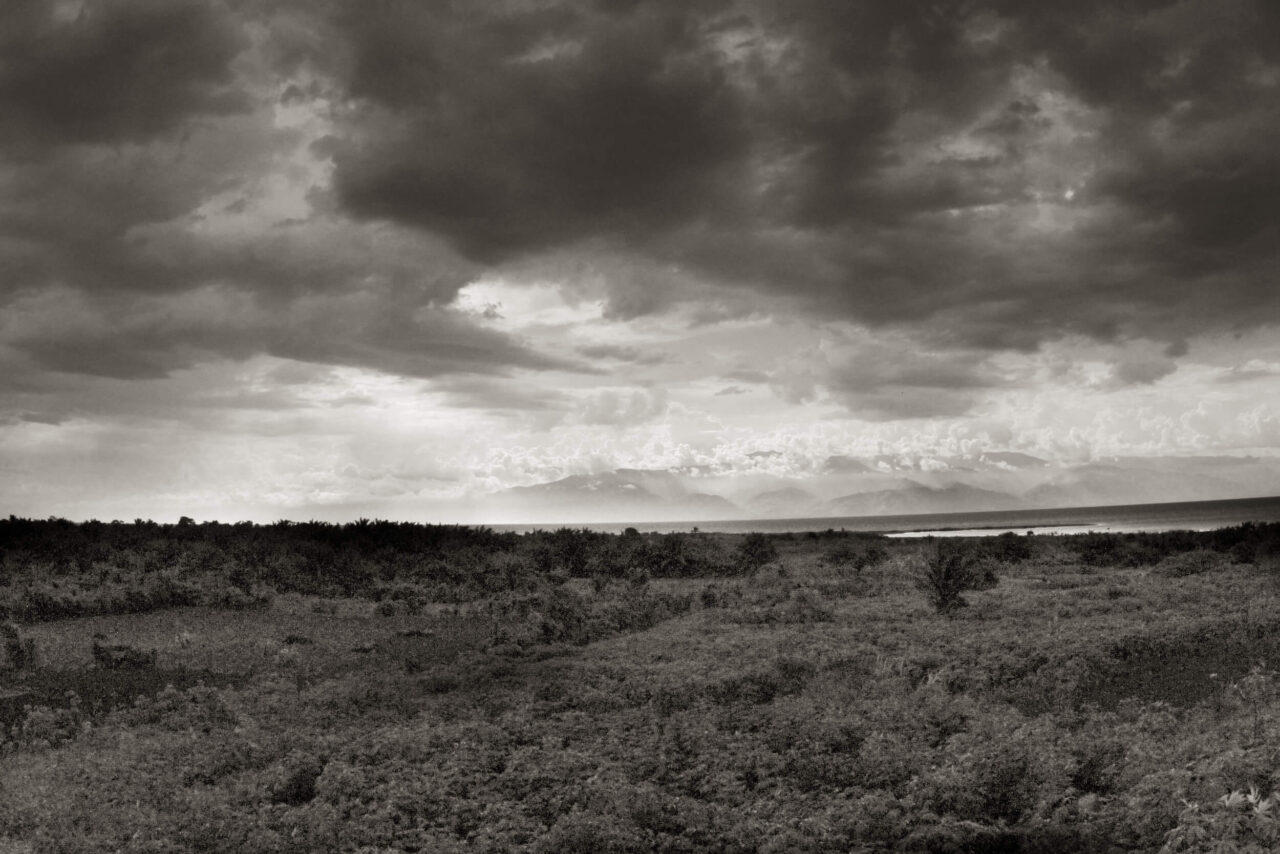
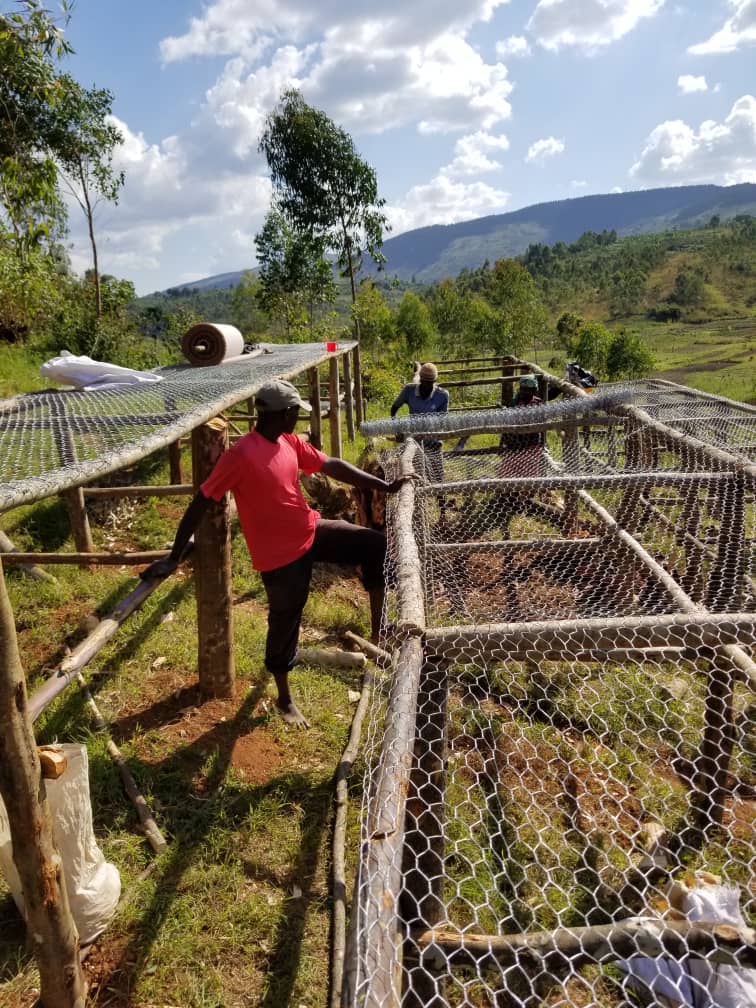
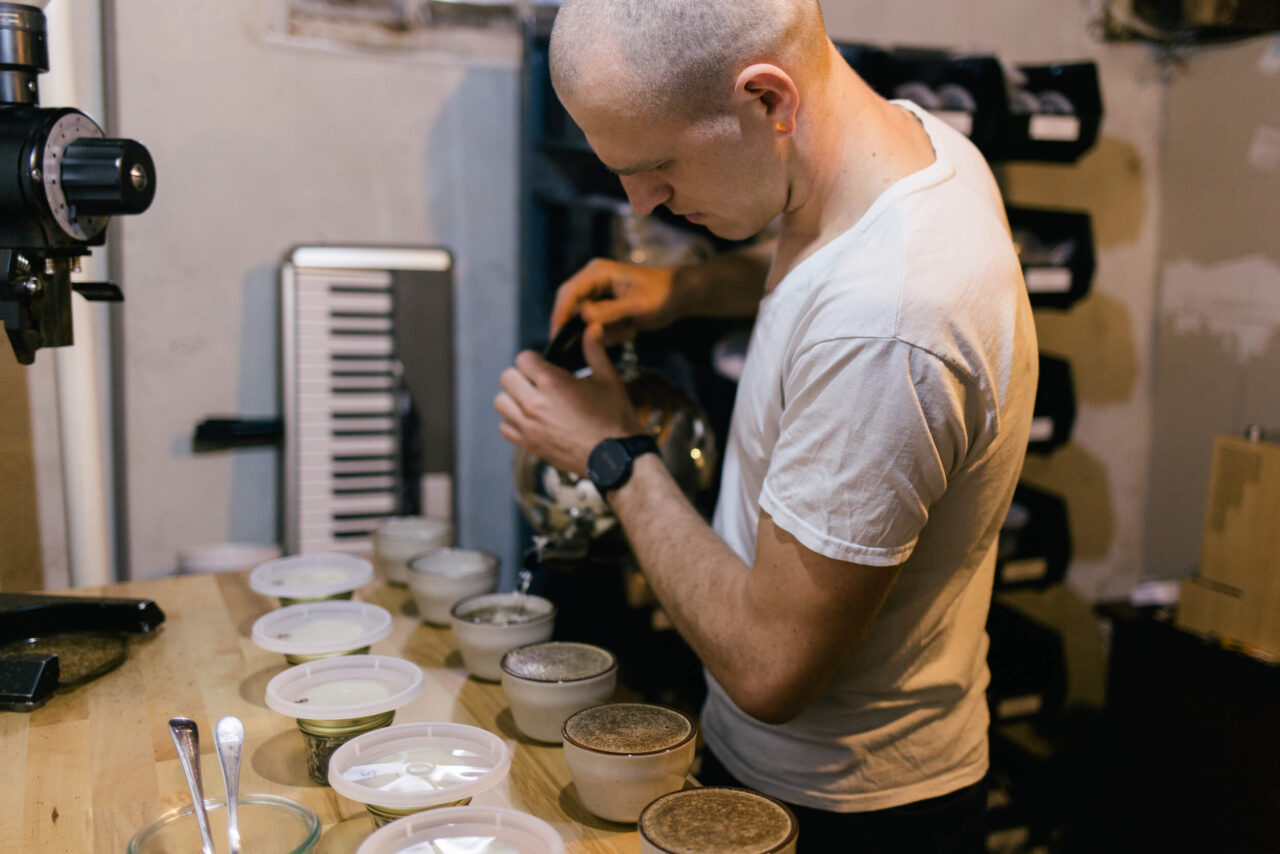
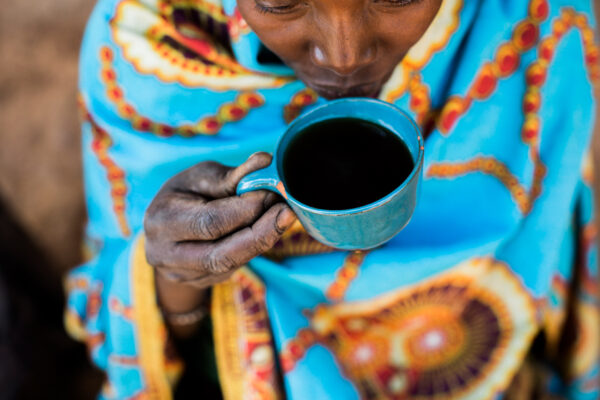
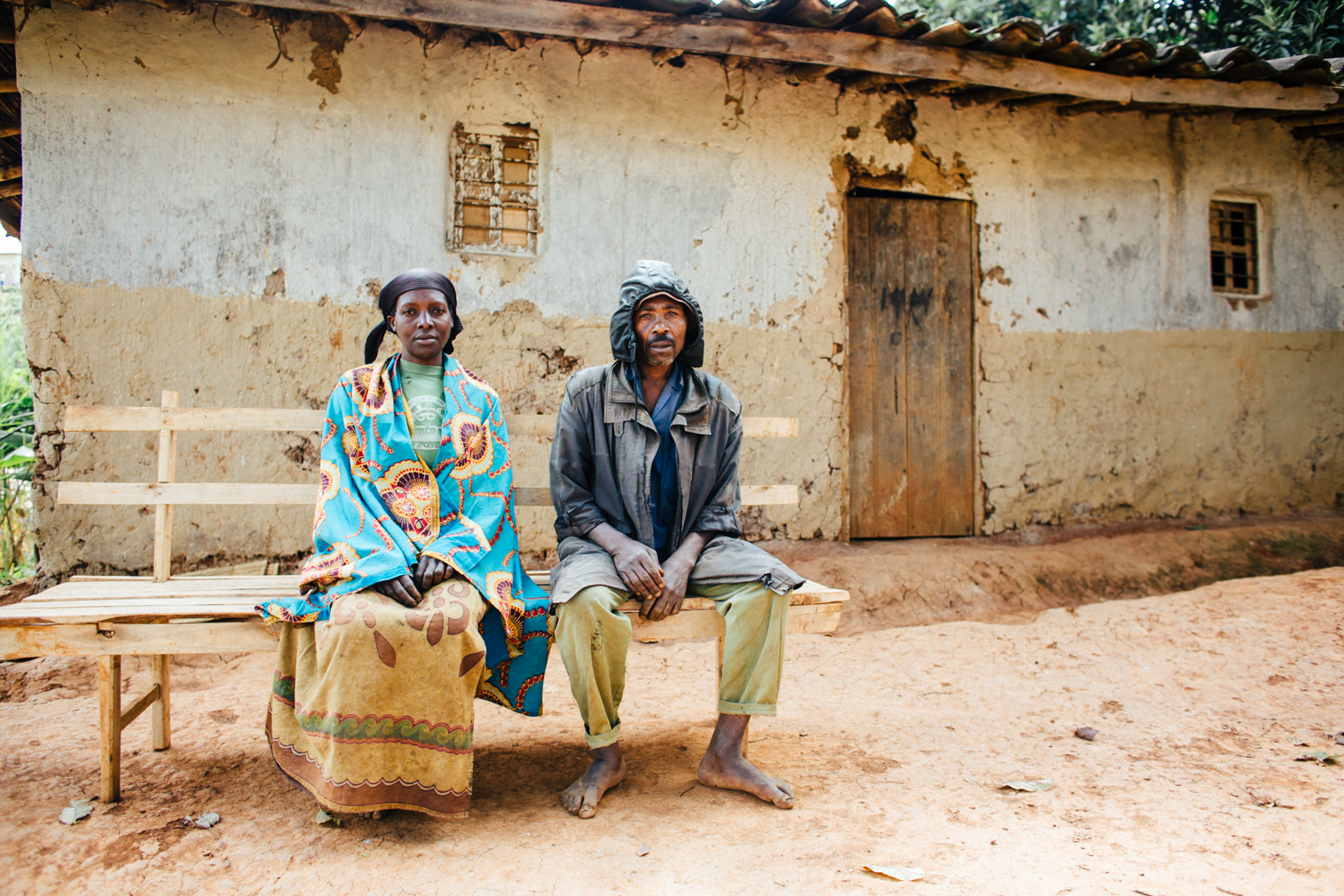
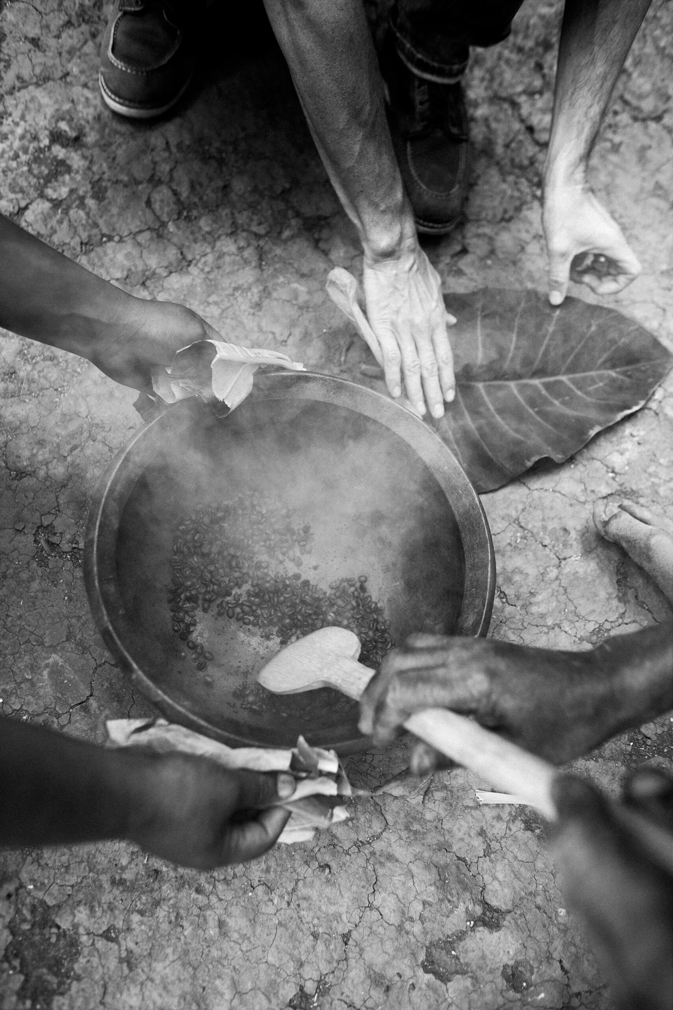
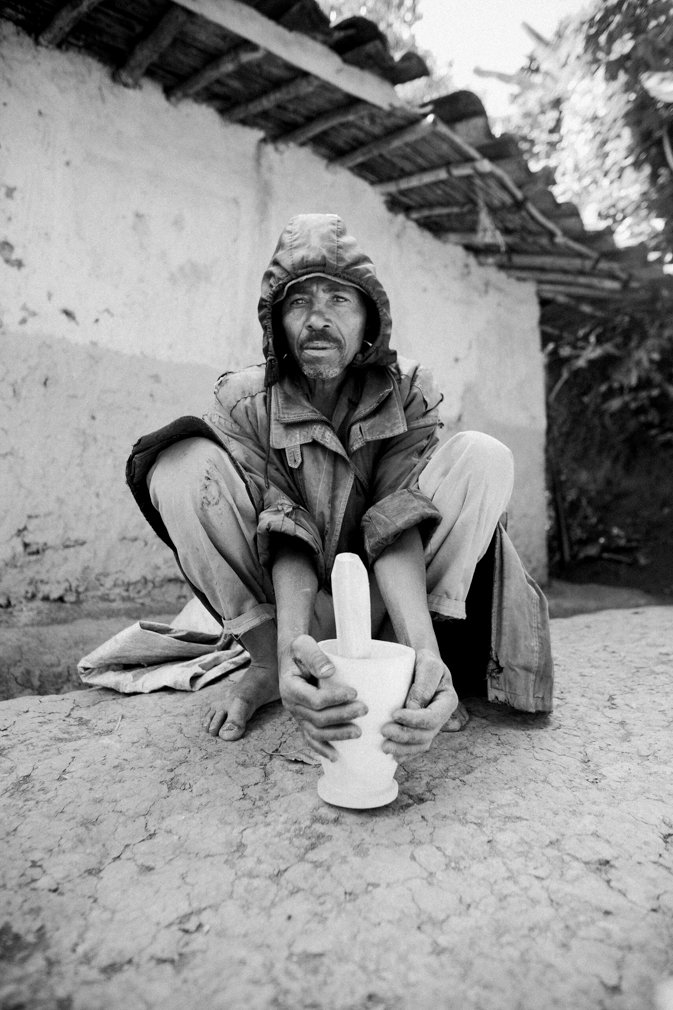
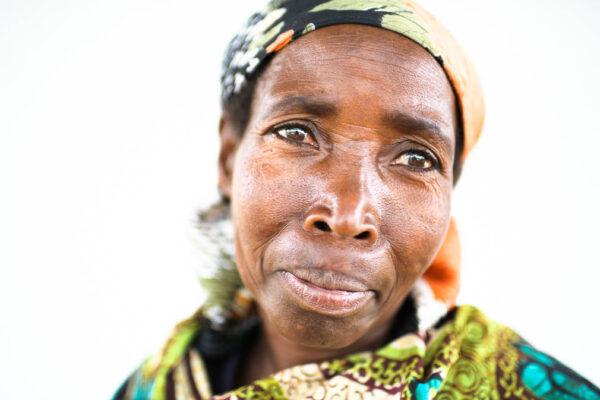




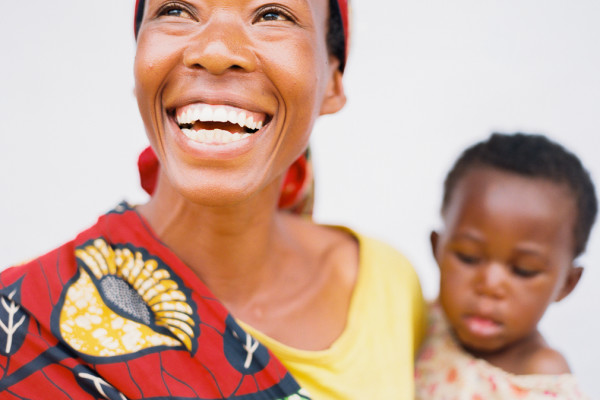

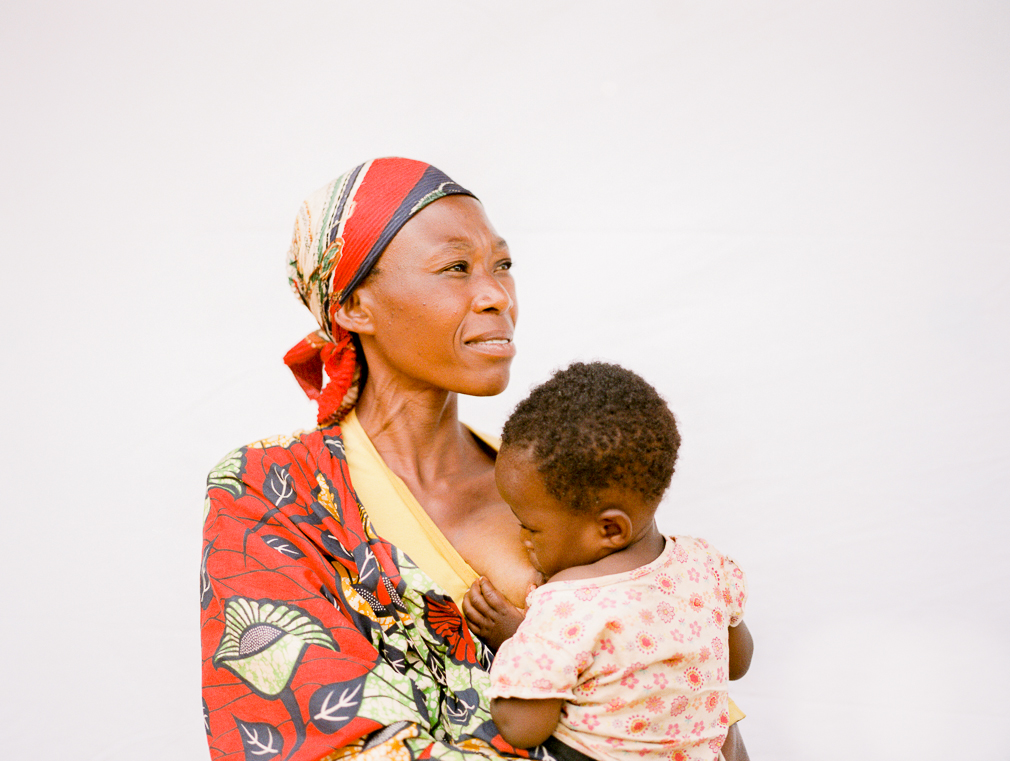
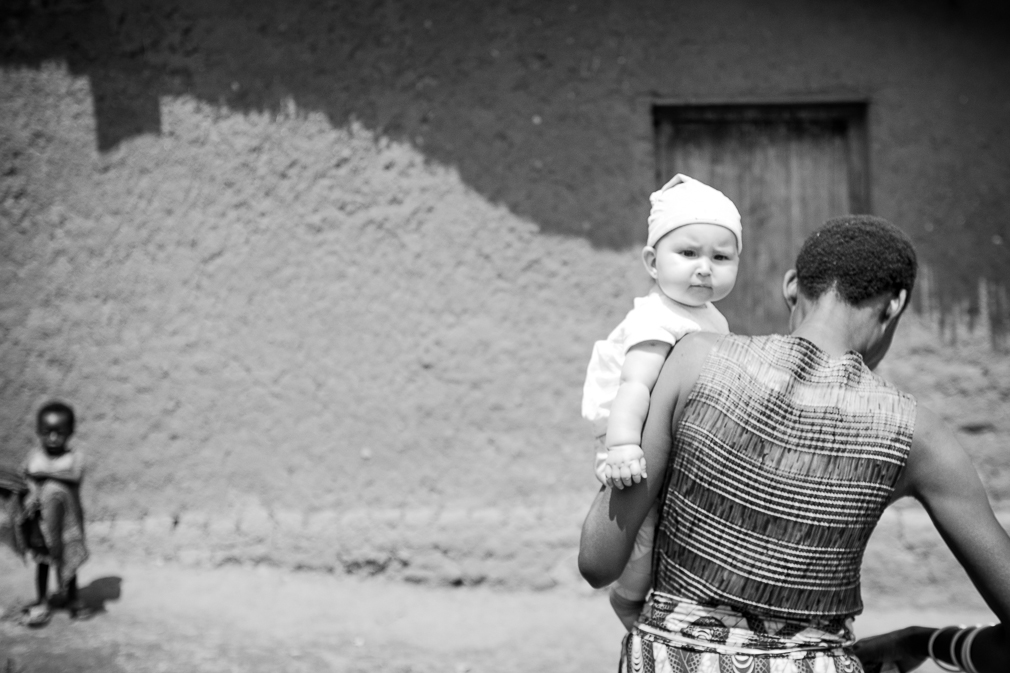
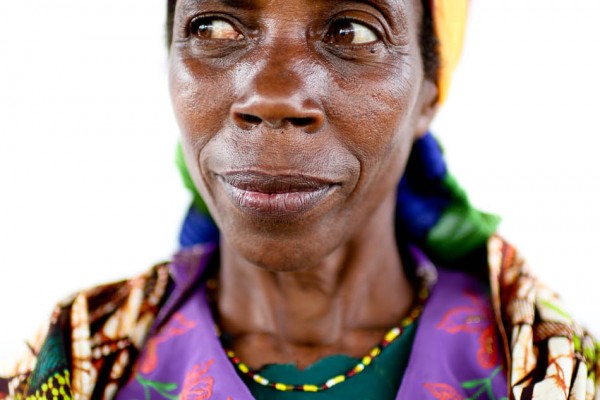
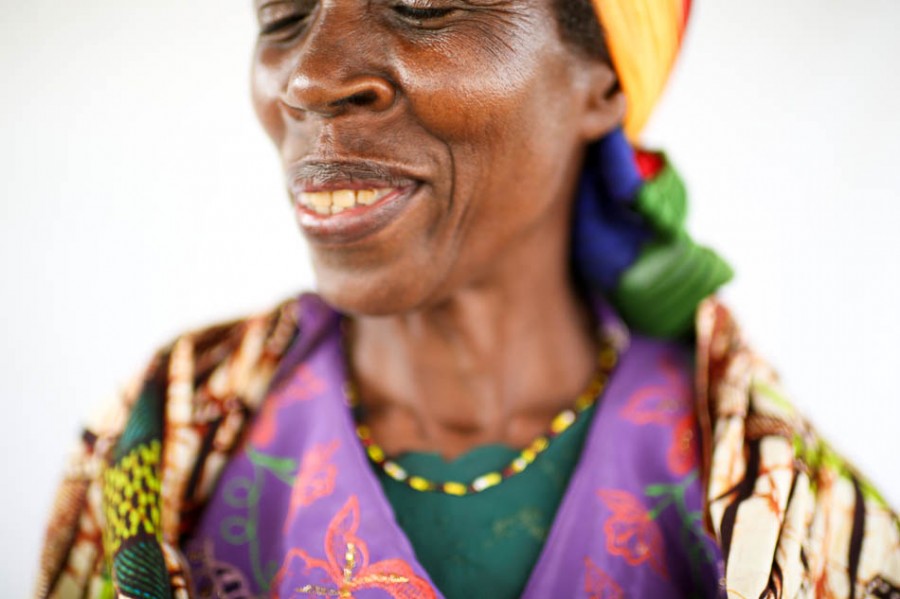 War continues to pulse it’s reaching veins through lives and lands long after the guns stop ringing. For Espéciose, that means being the sole provider for her 6 children in one of the most poverty stricken nations on earth. Her husband was killed in the
War continues to pulse it’s reaching veins through lives and lands long after the guns stop ringing. For Espéciose, that means being the sole provider for her 6 children in one of the most poverty stricken nations on earth. Her husband was killed in the 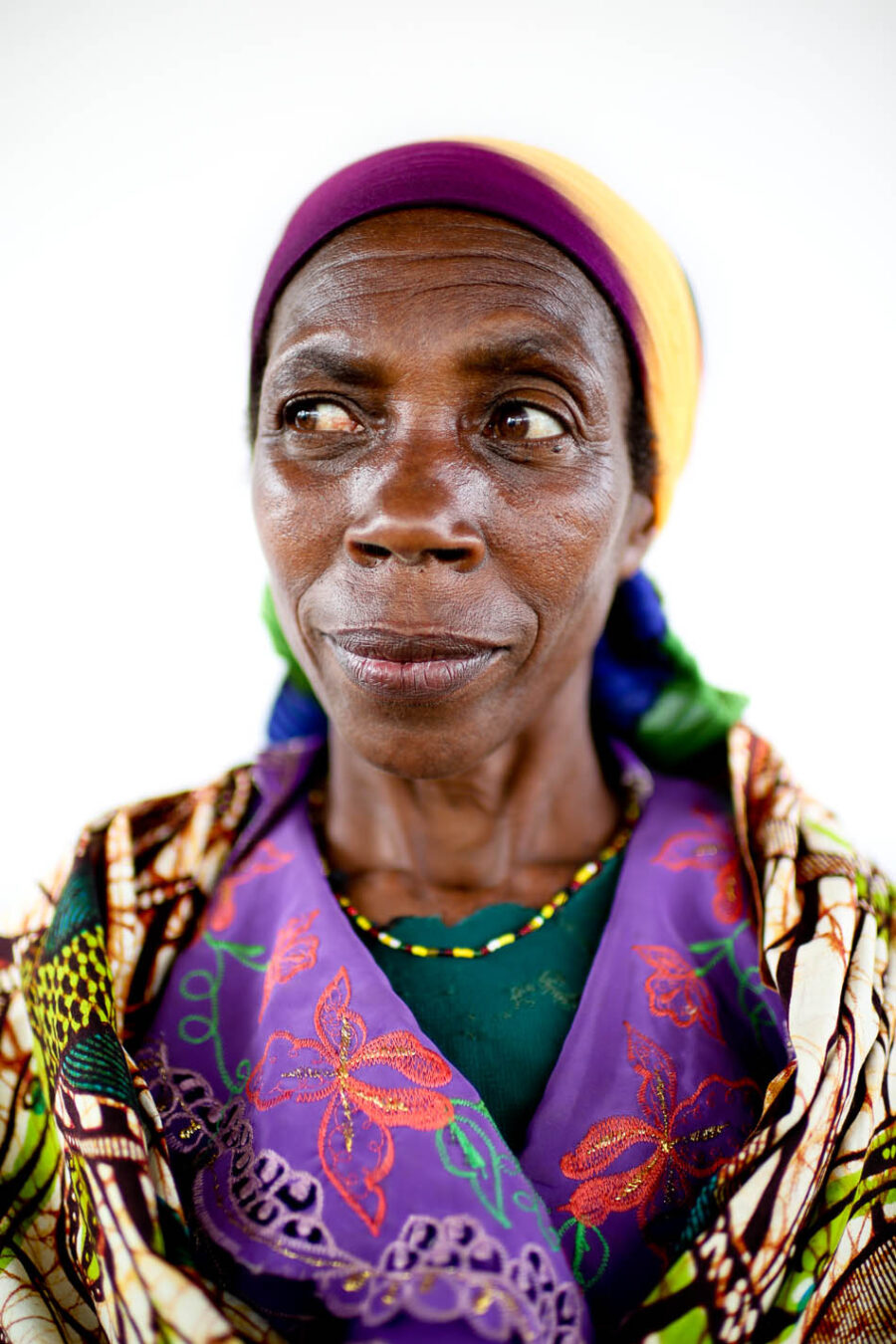 It’s a 45 minute walk to the Long Miles Bukeye washing station from the small hand built brick home on Rugoma hill where Espéciose and her children live. She carries her ripe red coffee cherries in bags set atop the heads of herself and her children. She has never tasted the coffee she works so hard to grow, it’s far too precious to drink. “I work hard with one goal, staying healthy.” she says.
It’s a 45 minute walk to the Long Miles Bukeye washing station from the small hand built brick home on Rugoma hill where Espéciose and her children live. She carries her ripe red coffee cherries in bags set atop the heads of herself and her children. She has never tasted the coffee she works so hard to grow, it’s far too precious to drink. “I work hard with one goal, staying healthy.” she says.